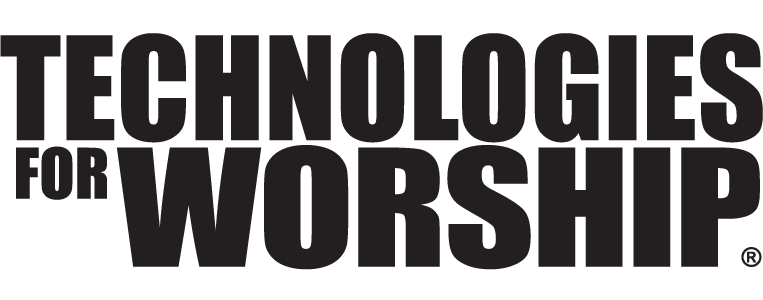Building Effective Teams
At the recent InfoComm Conference in Las Vegas, I noticed that a lot of the conversation revolved around building effective teams. Since team building is a significant part of what I help my clients achieve, I felt it would be appropriate to share three team-building keys I have discovered over the years.
Provide clear expectations for each member of the team
Several years ago, one of my clients commented about the difficulty they were having recruiting volunteers. The volunteers came and went at their discretion; showed up only if nothing else came up; and in general did not understand the critical role they played. Our suggestion was to formalize the team – give it structure. The client was afraid they would lose volunteers if they began to give firm requirements. However, they gave it a try…
First, they established clear job descriptions. They clearly defined what they wanted each volunteer to do. Second, they determined work hours. In their case, it was weekdays 9 a.m. to noon, or noon to 3 p.m., a three-hour weekly commitment. Third, they determined how many people they needed. Then, they presented the plan to the existing volunteers.
There were a few that did not feel they could meet the new requirements and decided not to continue. However, most of the volunteers became excited about the new plan and made a firm commitment. Over time, the ministry was able to fill all the needed positions. Eventually, they were able to expand their service hours with a fully staffed volunteer team. They continued to have periodic training meetings to teach new skills, air concerns, and keep the momentum rolling.
Every person has a unique personality. When it comes to teams, it is important to understand the differences that personality plays in the role of each team member. There are basically four dynamic roles in the function of a team. They are Creator, Advancer, Refiner, and Executor (CARE for short).
CREATORS are idea people. They always have a new idea or a new way of doing things. Creators are important to any team as the source of innovation and design. However, Creators also have a weakness. They aren’t really sure how to bring their idea into reality.
ADVANCERS recognize a good idea when they hear it and love to move the idea forward. Advancers build the framework for new ideas to come to life. They make the connection from the concept to reality. However, in their enthusiasm, Advancers can overlook critical components to make the idea truly successful.
REFINERS look for the flaws in every plan. These misunderstood team members really want to see a new idea succeed, but they are concerned about the possibility of error and failure. Refiners can be seen as negative people because of their unique perspective, but they are really not. Once they are satisfied that the idea has been adequately developed and thoroughly researched, they are usually on board.
EXECUTORS put the plan into action. Executors don’t want to create; they don’t want to develop; they don’t want to troubleshoot. They simply want to be told what to do and how to do it, and they will embrace the plan with enthusiasm. If Executors are asked to perform in one of the other roles, it is usually uncomfortable for them, and they often just quietly walk away.
There is a fifth role that needs to be mentioned: the FLEXOR. These folks can move into different roles as needed. They are valuable members of the team who are willing and able to do just about anything that needs to be done.
The key is to discover the balance between clearly established guidelines that are consistent with the ministry’s mission and a culture of openness and creativity that maximizes the giftedness of the exceptional people God brings to the team.
That’s it for now, keep your knees down, your chin up, roll with the punches and give God the glory!




